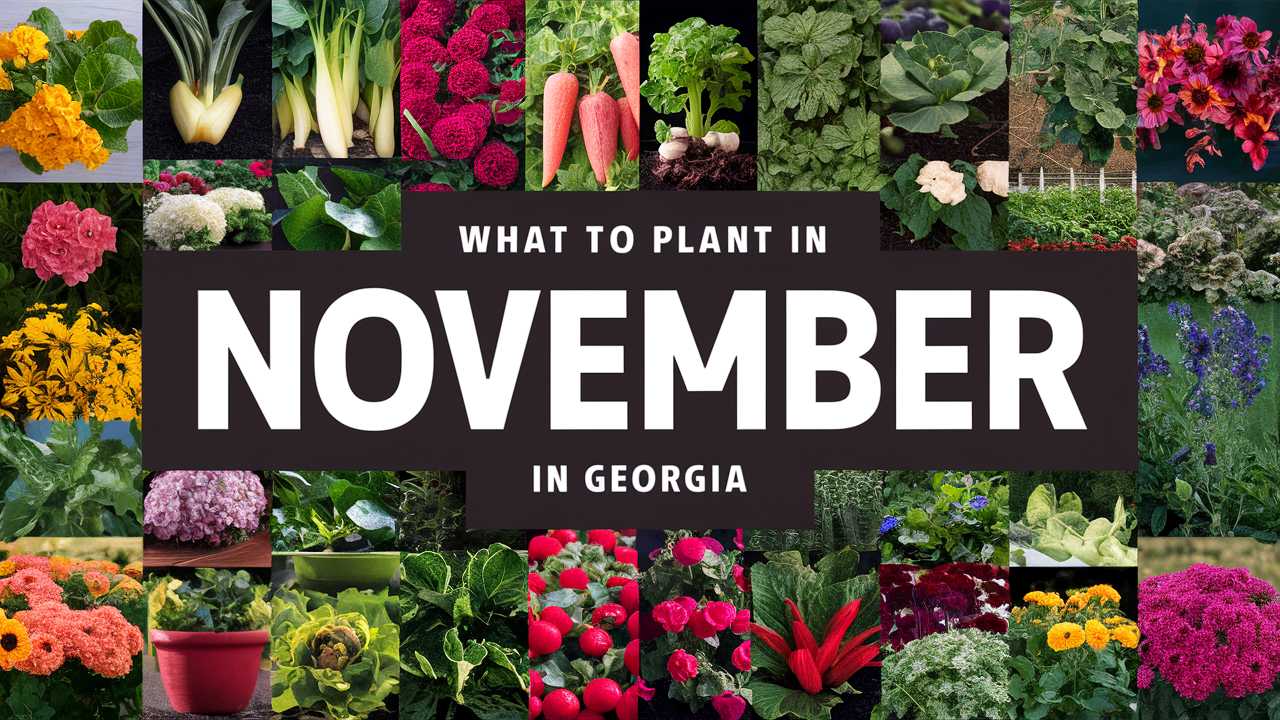In this guide, we’ll explore what vegetables, flowers, herbs, and landscape plants to consider planting in November to maximize your gardening efforts and embrace the seasonal change.
Vegetables To Plant
Planting vegetables in November may require some thoughtful selection based on the varying zones throughout Georgia. With moderate temperatures generally hovering between 30°F and 70°F, certain cold-hardy vegetables thrive during this time.
Spinach
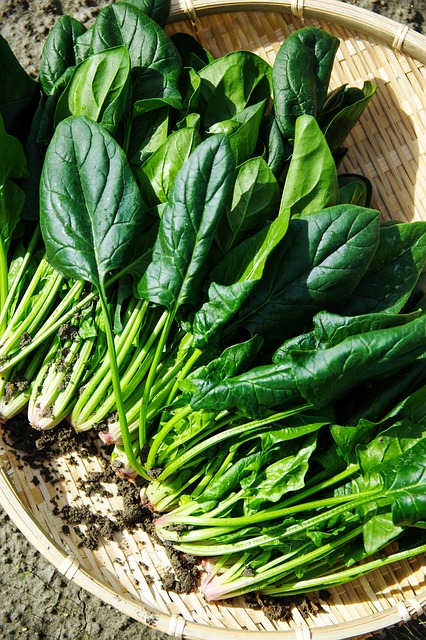
Spinach is an exceptional leafy green that excels in cooler temperatures. It can be sown directly into the ground in November, especially in the warmer zones (7b-8b). Spinach germinates best between 50°F and 68°F and can tolerate the chill, ensuring a continuous harvest through the winter months. Rich in iron, calcium, and vitamins A and C, the nutritious leaves can be harvested as needed.
Garlic
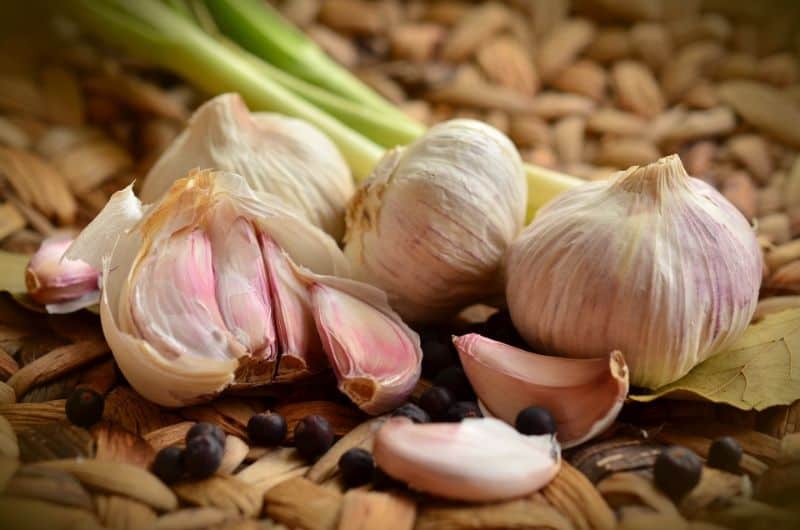
November marks the ideal time for garlic planting in Georgia. This perennial vegetable thrives in well-draining soil and can be planted in both fall and early spring. Simply break your garlic bulbs into cloves and plant them 2 inches deep, with the pointed side facing up. Garlic prefers cooler weather for establishing root systems and will benefit from a mulch layer to insulate the cloves during colder spells.
Kale
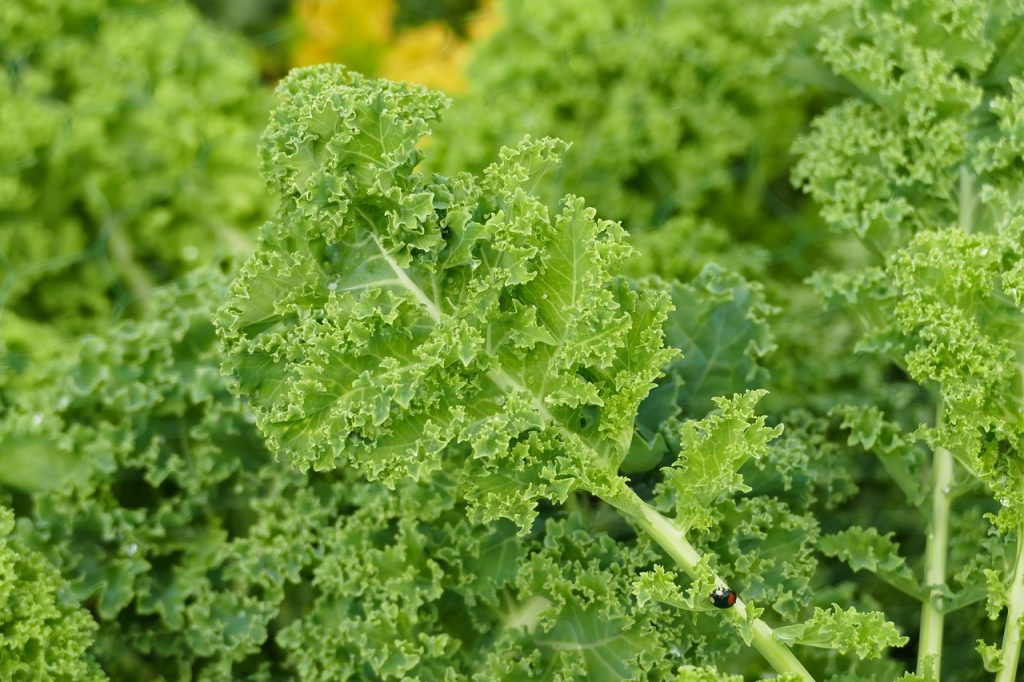
Known for its exceptional cold tolerance, kale is a powerhouse vegetable to plant in November. Varieties such as Lacinato and Siberian can survive temperatures as low as 20°F while still producing sweet and tender leaves. The ideal planting window extends into December in the milder regions. Kale’s nutritional benefits include high levels of antioxidants, making it a smart addition to your winter diet.
Carrots
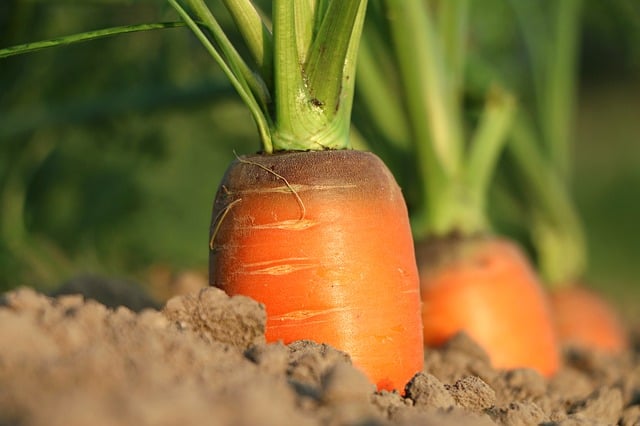
Carrots can be sown in November and are known for their ability to sweeten with frost. They thrive best in well-tilled, loose soil. Plant the seeds about 1/4 inch deep and maintain consistent moisture to ensure proper germination. Storing them in the ground until you’re ready to use them can lead to a deliciously sweet vegetable.
Mustard Greens
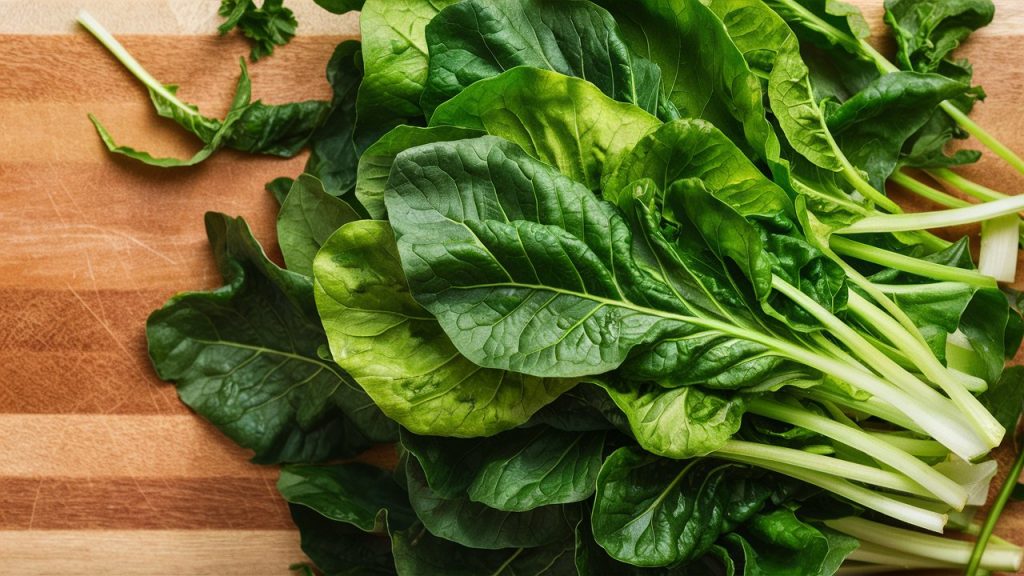
These fast-growing greens can be planted in late fall and are adaptable to a variety of soil types. Mustard greens flourish in cooler weather, maintaining their vibrant green color even after frost. Expect to harvest them within weeks of planting, as they can be picked young for salads or allowed to mature for cooking.
Turnips
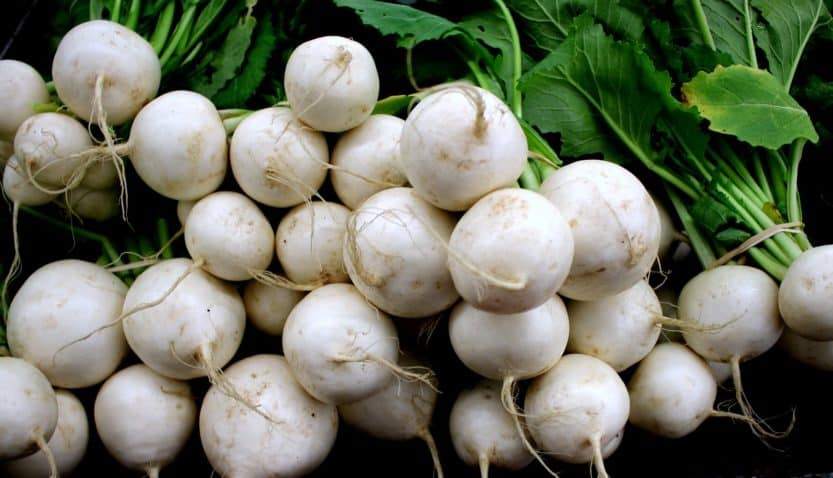
Turnips are another vegetable that thrives in the cooler temperatures of November. They can be direct seeded in well-prepared soil and will grow quickly, providing both greens and root vegetables. Suitable for harvesting in phases, you can pick the greens while allowing the roots to mature.
Broccoli
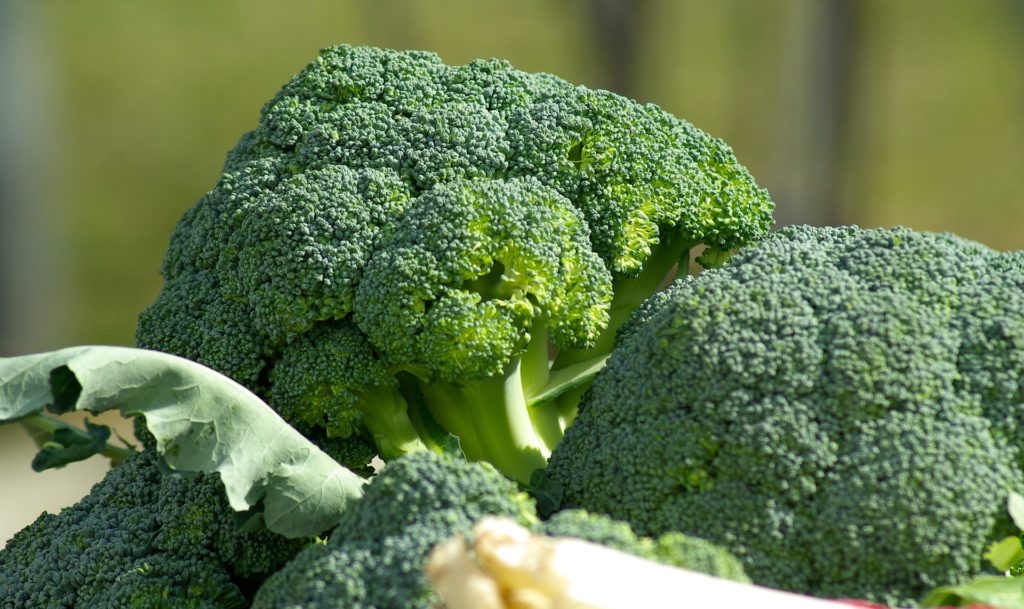
Broccoli can be seeded in November, especially in the southern areas of Georgia. This cool-season crop prefers temperatures between 60°F and 70°F, making November a perfect time for establishment. Transplanting seedlings allows for a staggered harvest since they take around 80 days to mature.
Cabbage
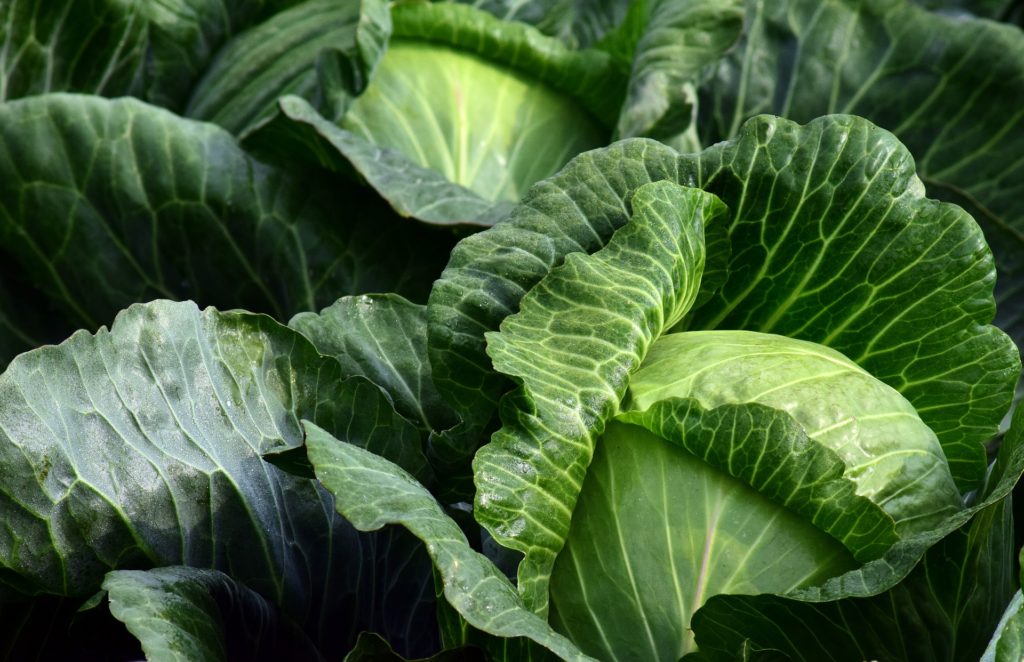
Cabbage varieties such as Savoy and Napa can be established by transplanting seedlings in November. These resilient plants prefer cooler climates, and planting them in November means you’ll likely enjoy a fresh winter crop. Ensure they receive adequate sunlight and water for best growth.
Peas
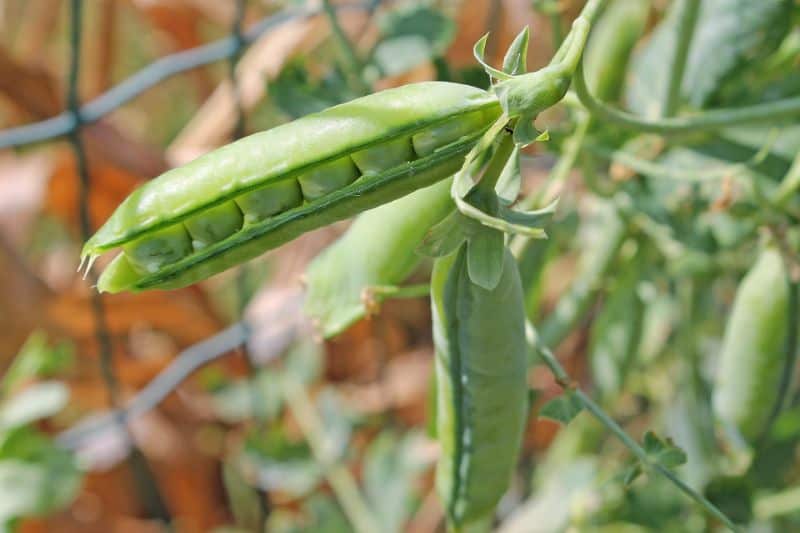
While not typical for November, certain varieties of peas, particularly snap and snow peas, can be sown for overwintering. Plant them 1-2 inches apart, and they will likely sprout as soon as the weather begins to warm in late winter or early spring.
Radishes
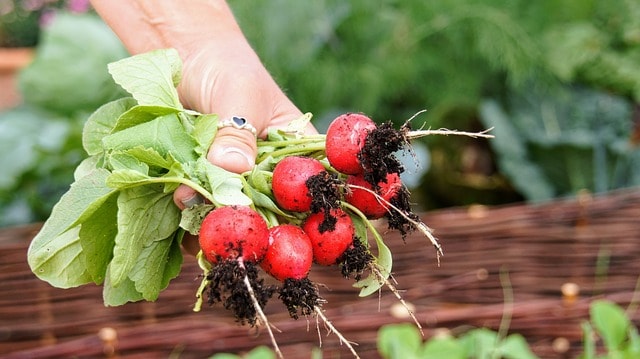
Radishes are one of the fastest-growing vegetables, making them an excellent crop for November planting. They can mature in as little as 25 days, allowing for quick harvests. Aerated soil and regular moisture will help produce crunchy and spicy radishes, perfect for salads and garnishes.
Flowers To Plant
November can also be a productive month for flower planting in Georgia, with various hardy annuals and perennials that can withstand the cooler temperatures.
Pansies
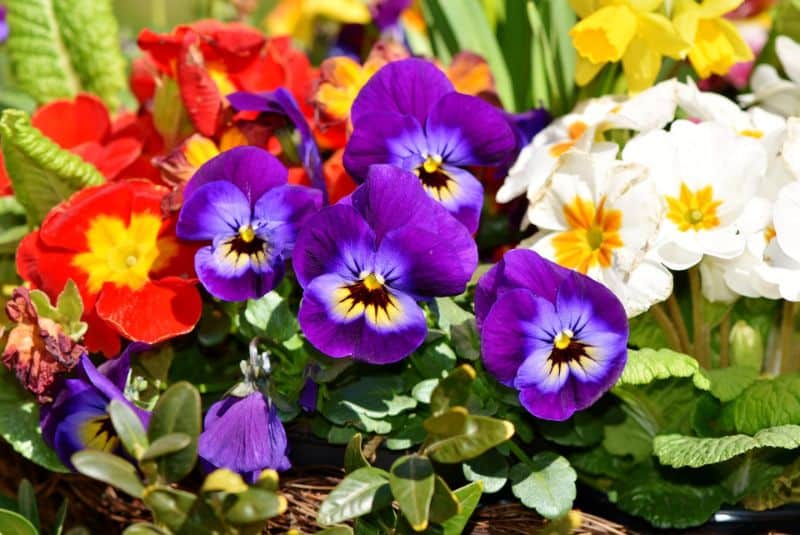
Pansies are one of the most popular winter flowers, thriving in Georgia’s cooler temperatures. These cheerful blooms can be planted in November and have a wide range of colors. They perform well in both sun and partial shade, making them versatile for various garden designs.
Snapdragons
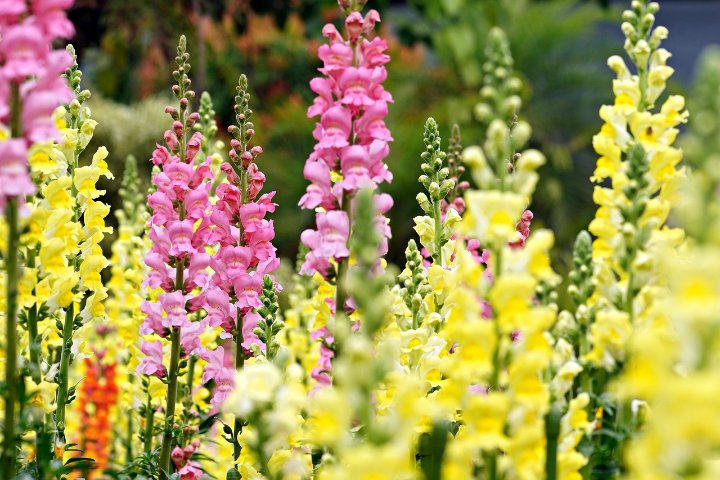
Snapdragons can be planted in late fall and will bloom in early spring. They are resilient to frost and can provide vibrant color when many other flowers have faded. Choose varieties suitable for your specific zone, ensuring you plant them according to the height and spacing instructions.
Ornamental Cabbage
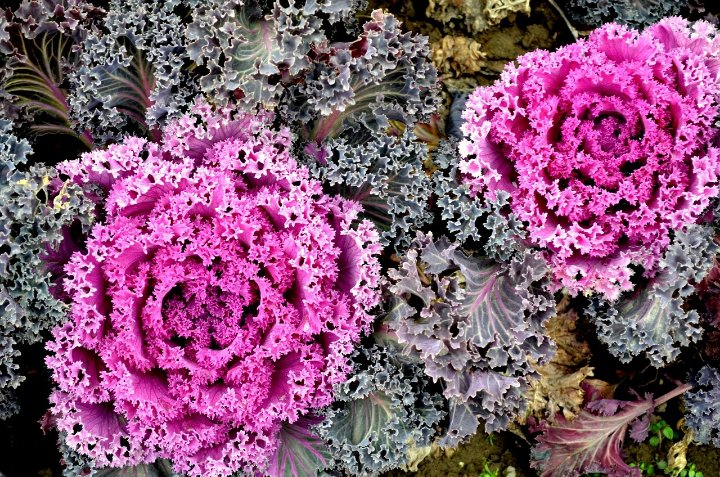
This stunning plant serves both as food and decoration. Ornamental cabbage thrives in cool temperatures and offers a dramatic aesthetic for winter gardens with its colorful rosettes. These plants are well-suited for container gardening or as border plants.
Cyclamen
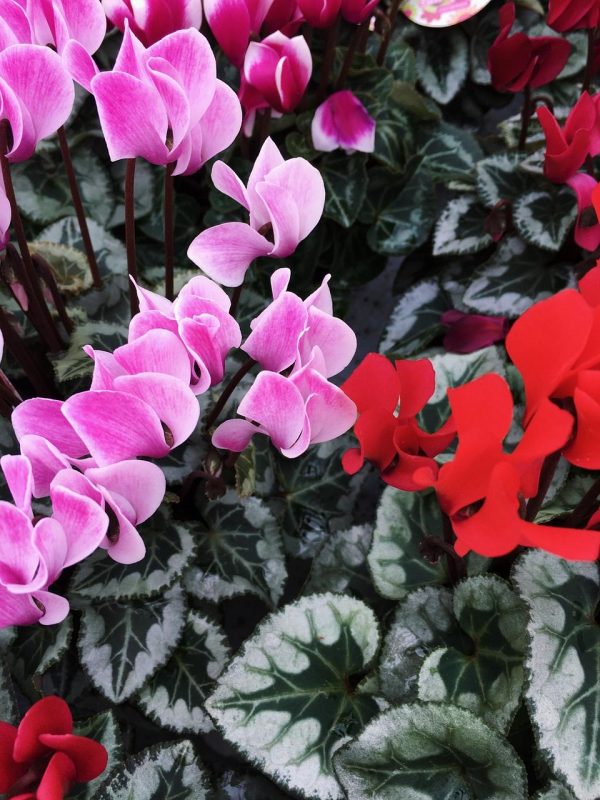
Cyclamen can be a fabulous addition to your landscape in November. They flourish in colder weather and produce beautiful, fragrant flowers. Beyond aesthetics, cyclamen foliage is also attractive, making them an excellent choice for ground cover in shaded areas.
Dusty Miller
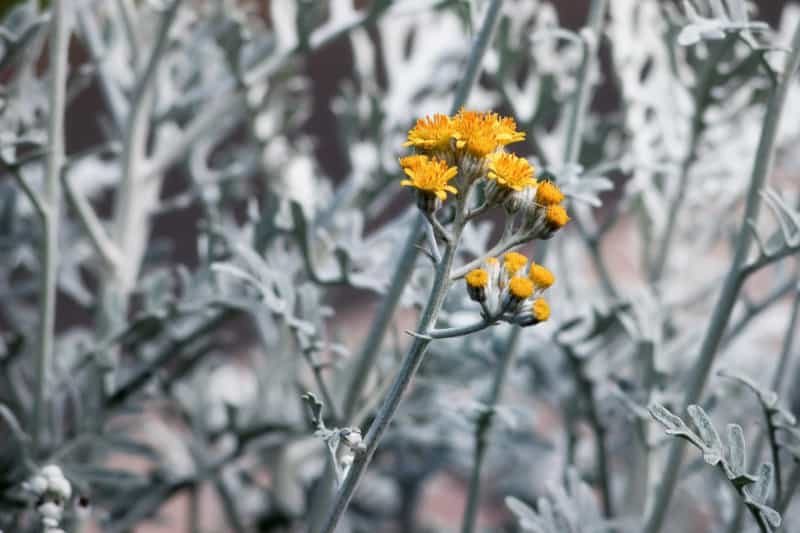
Dusty Miller, with its silver-gray foliage, adds a lovely contrast to colorful blooms during the winter months. It’s drought-resistant and thrives in well-drained soil. Dusty Miller can complement other flowers beautifully, making it a must-have for fall gardens.
Violas
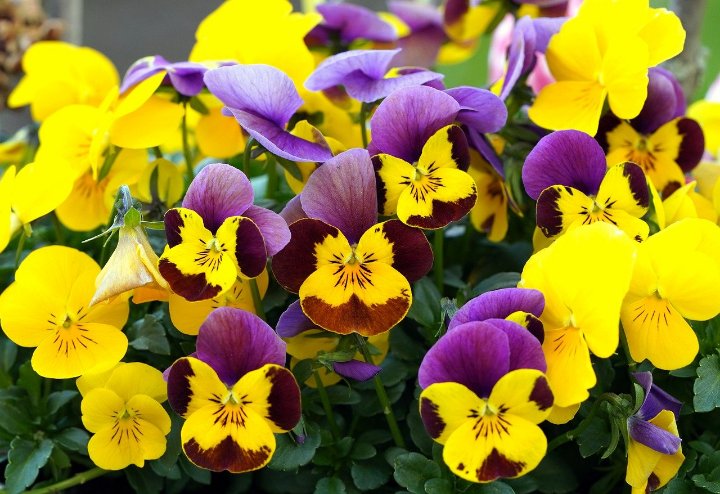
Violas are another cold-hardy flower that can endure the chill of November. With a wide array of colors and patterns, these flowers can spread joy throughout the winter. They are low-maintenance and can self-seed, making them a lovely addition to any garden.
Sweet William
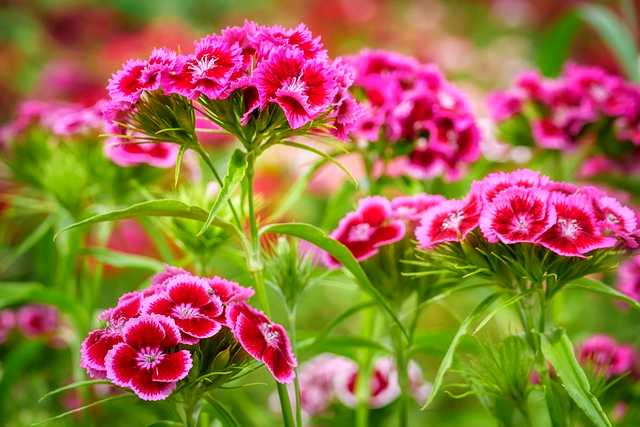
This biennial flower can be planted in November, providing a burst of color in the spring. Sweet William is known for its fragrant blooms, which can attract pollinators to your garden. They thrive in well-drained soil and full sun to partial shade.
Foxglove
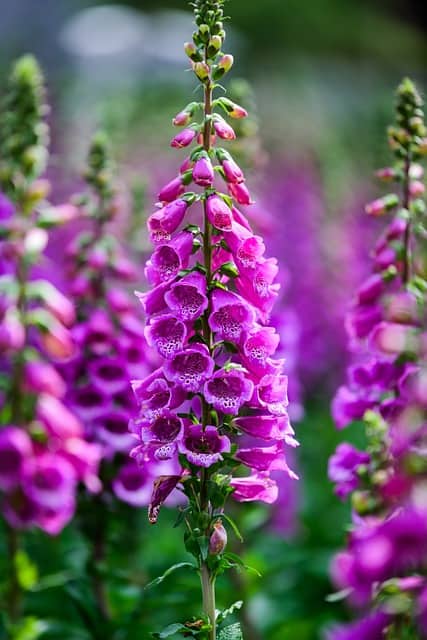
If you’re looking for vertical height and drama, consider planting foxglove in November. These stunning flowering plants do well in cool weather and can produce striking spikes of blooms in various colors come spring. Foxglove is ideal for cottage gardens.
Heather
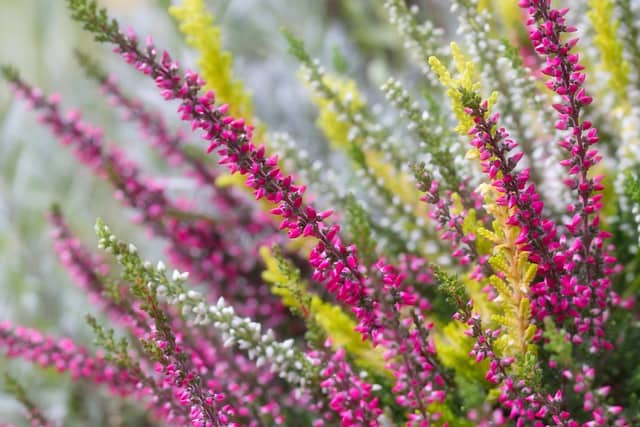
Ideal for acid soils, heather blooms profusely in cooler temperatures. Planting it in November allows it to develop roots in the cool earth, ready to burst into bloom as spring approaches. Heather is also a fantastic choice for low-maintenance garden areas.
Hellebores
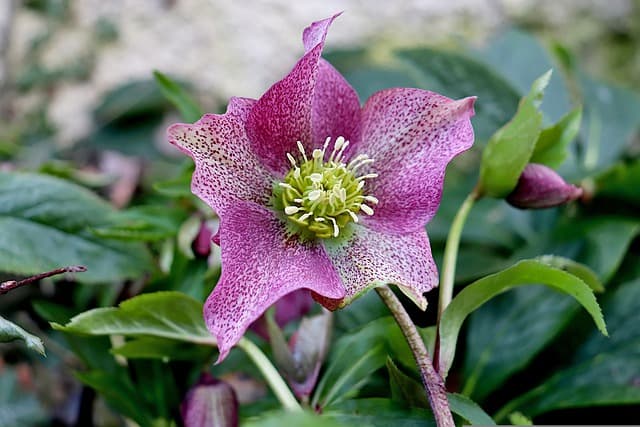
Hellebores or Lenten roses can be planted in November and offer a unique winter interest with their early spring blooms. These perennial flowers thrive in the shade and are resistant to drought. They are also virtually pest-free, making them a low-maintenance choice.
Herbs To Plant
Herbs are invaluable for culinary and medicinal uses, and November is a good time to sow many perennial and biennial varieties in Georgia.
Thyme
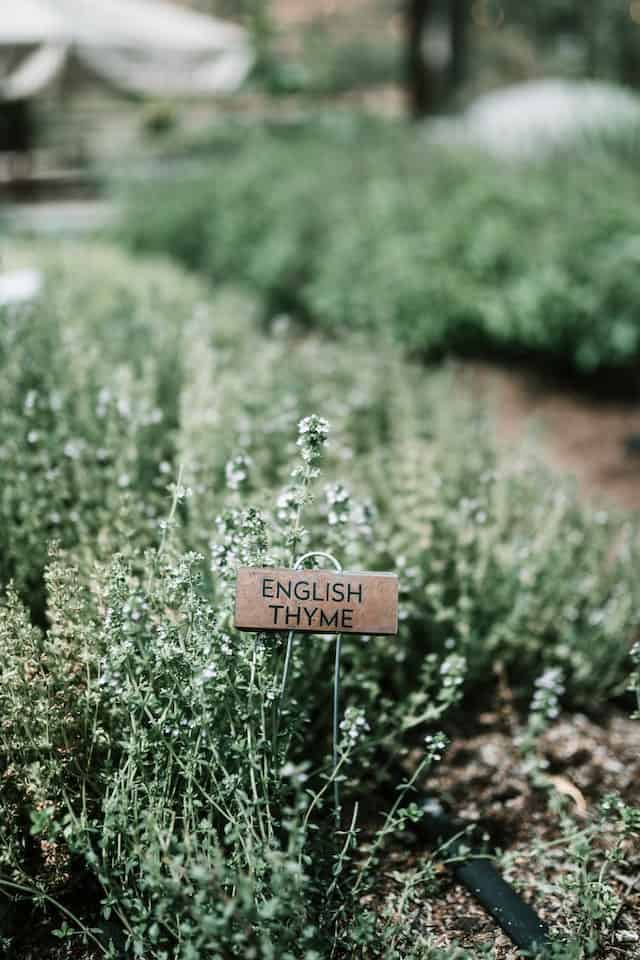
Thyme is a hardy perennial herb that can be planted in late fall. This drought-resistant herb thrives in well-drained soil and can survive winter temperatures. Once established, thyme can add flavor to various dishes, and its resilience makes it a favorite among gardeners.
Lavender
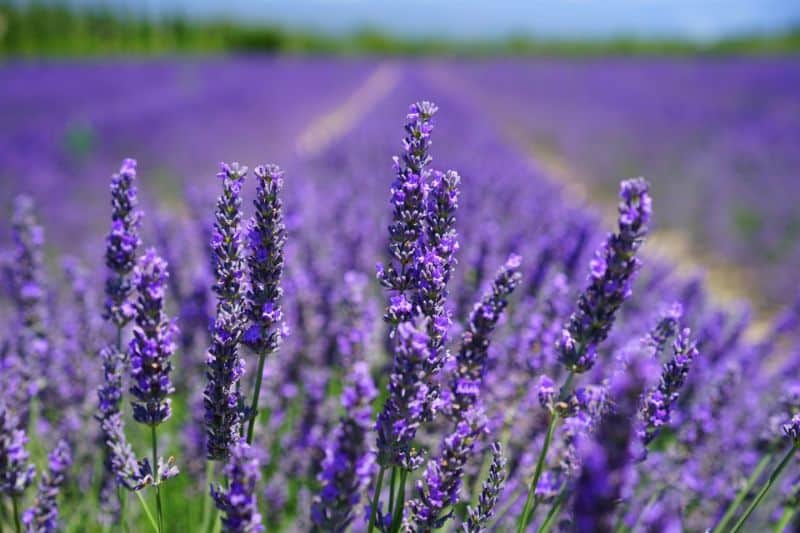
Lavender is ideal for planting in November, especially in the coastal and southern regions of Georgia. This perennial herb prefers well-drained soil and full sun. It not only encourages pollinators but also adds a lovely fragrance to your garden.
Chives
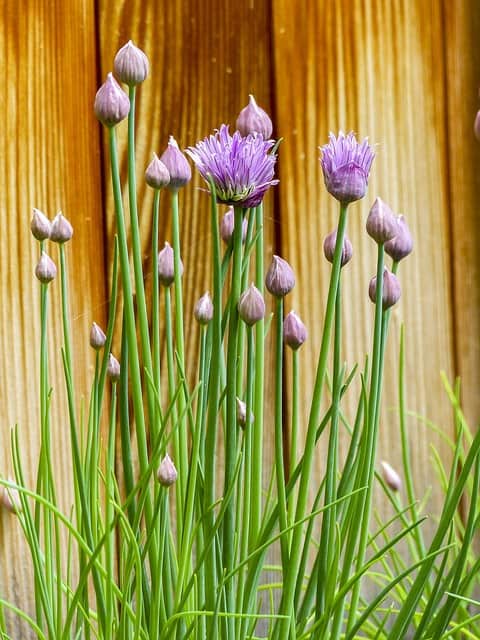
Chives are ideal for November planting, as they can tolerate cold and begin to grow as soon as temperatures start to warm. This perennial herb generates fresh green shoots that can be harvested throughout the winter months.
Oregano
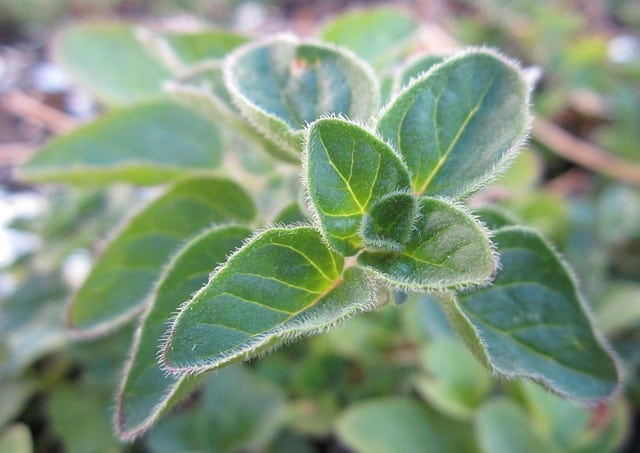
Oregano is another perennial herb that can be established in November. Its flavorful leaves are perfect for culinary uses, and the plant thrives in well-drained soils. Once established, oregano requires minimal care, making it a staple for herb gardens.
Parsley
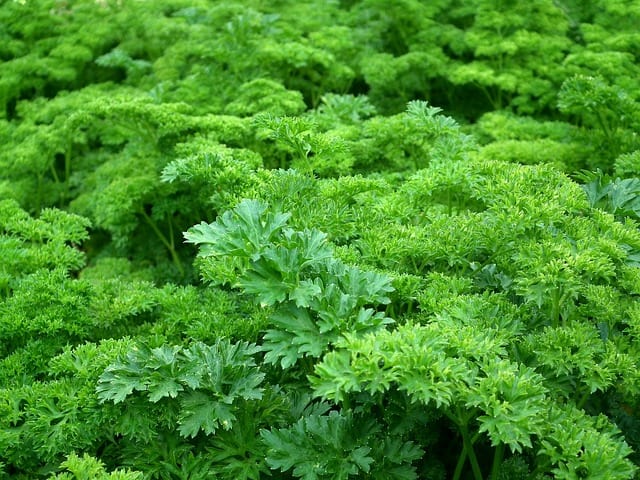
Parsley can be sown in November and can withstand the winter chill. It requires well-drained soil and consistent moisture. This herb is not only flavorful but also rich in vitamins. It prefers full sun to partial shade, making it versatile in garden placement.
Sage
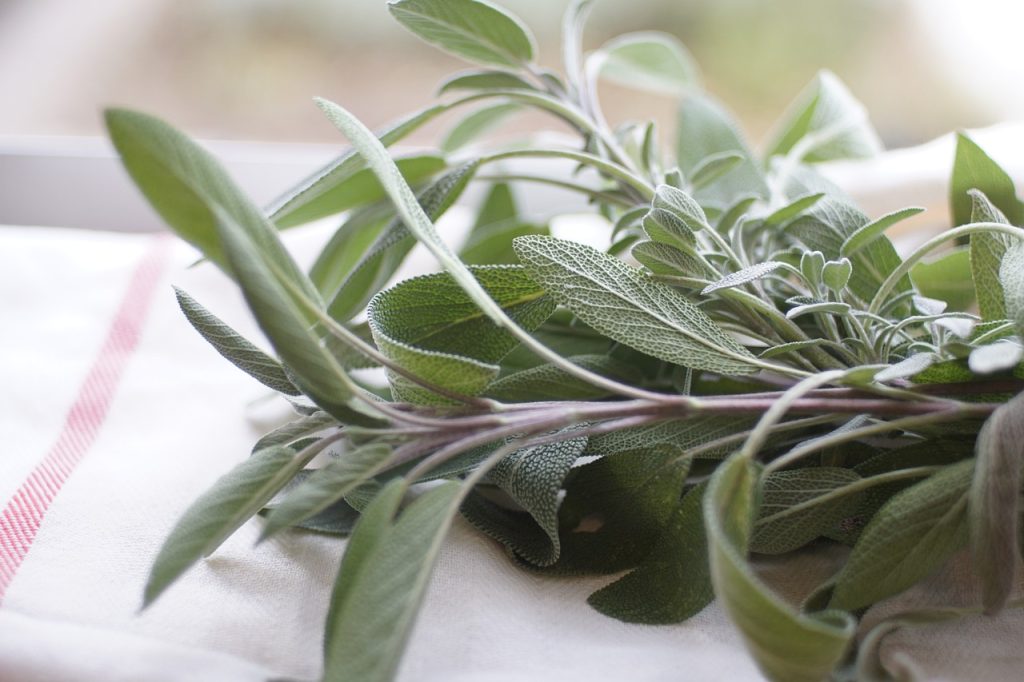
Sage can also be planted in November, particularly in the southern regions of Georgia. This herb thrives in well-drained soil and full sun. Known for its aromatic flavor, sage is a popular culinary herb that also offers medicinal properties.
Dill
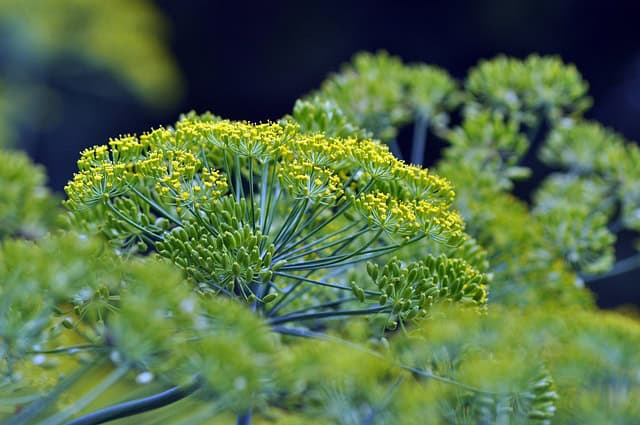
While dill can be sensitive to frost, it can still be planted in milder areas of Georgia in November. It requires well-draining soil and can be harvested for both its leaves and seeds. Ensure you cover it if frost is expected, as young plants may need protection.
Mint
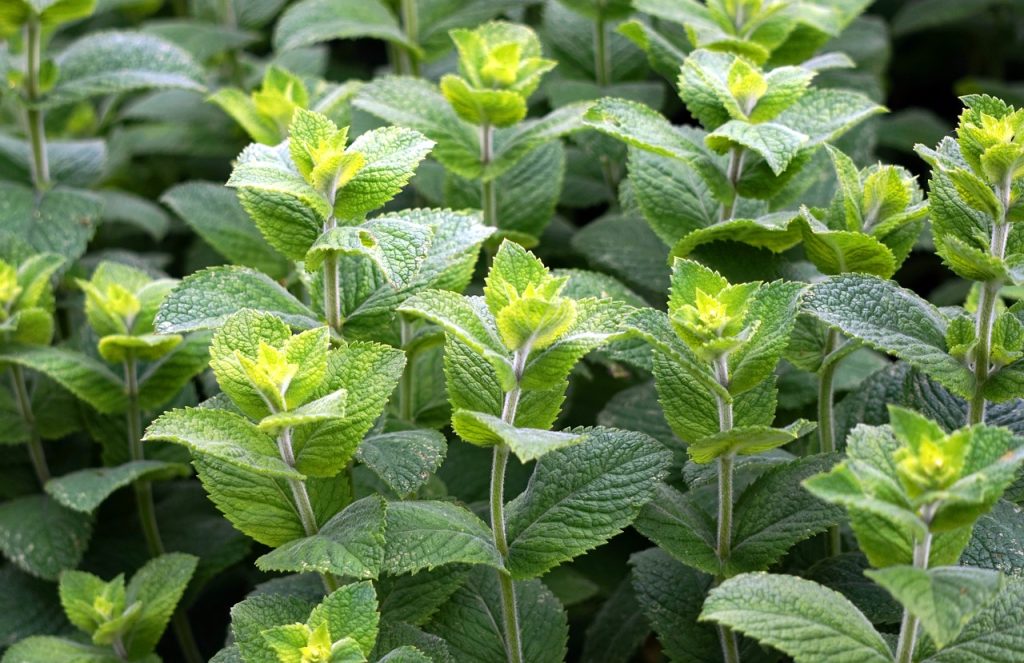
Mint is a resilient perennial herb that can be successfully planted in November. It spreads readily and requires minimal maintenance, making it an excellent choice for new gardeners. It grows well in partial shade and can be used in teas or culinary dishes.
Fennel
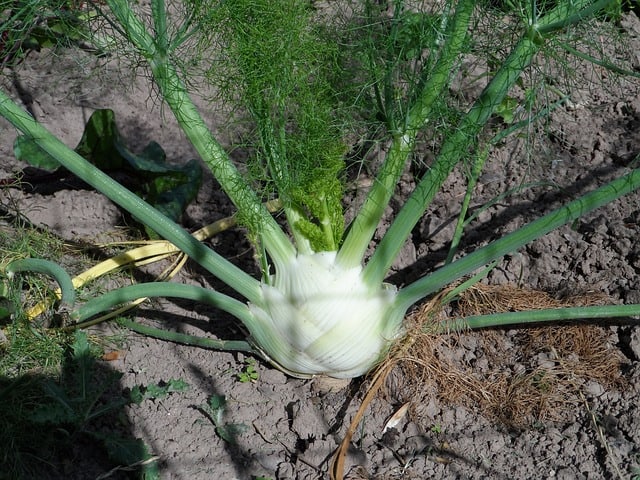
Fennel can be planted in November, especially in areas where winters are milder. It prefers full sun and well-drained soil. Fennel can be harvested for both its bulb and fronds, adding a unique flavor to dishes.
Marjoram
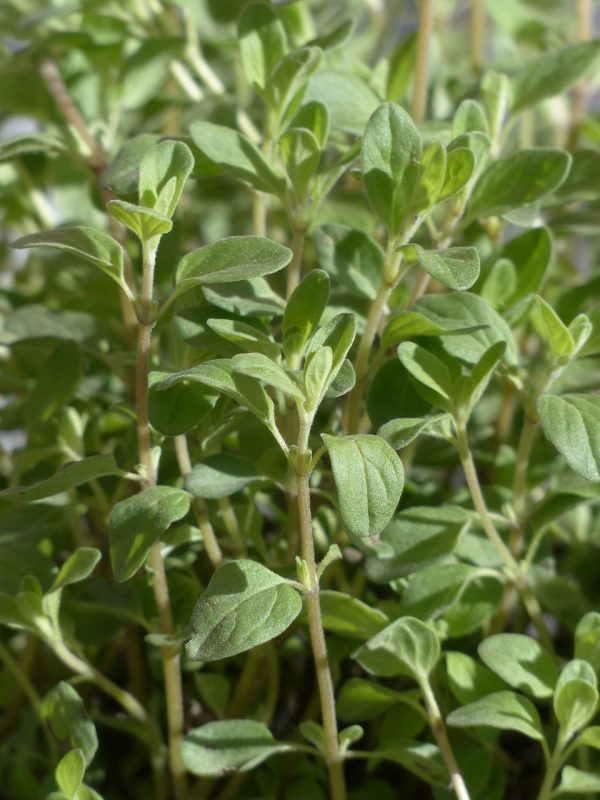
Marjoram can be sown in November as a biennial herb. It thrives in well-drained soil and can be grown in pots or garden beds, adding a sweet flavor to your culinary creations.
Landscape Plants To Plant In November
In addition to practical food crops, November is a great time to think about landscaping. Several trees and shrubs can be planted before winter settles in.
Camellia
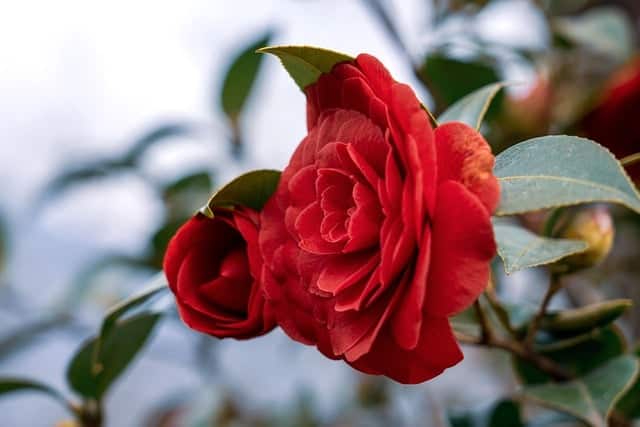
Camellias are evergreen shrubs known for their spectacular blooms in the winter months. Planting them in November ensures that they establish roots before the colder weather. They thrive in shade and partial sun, making them suitable for various landscape uses.
Holly
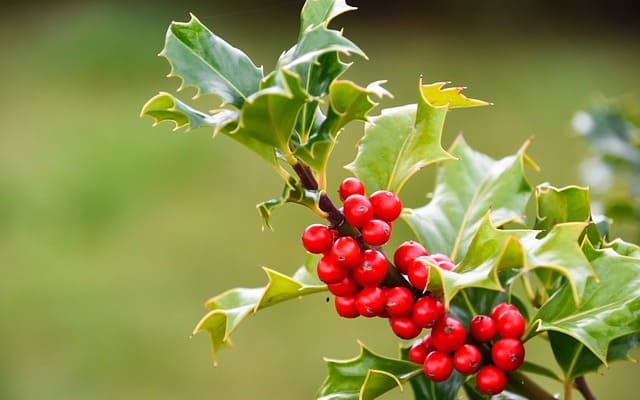
Hollies are versatile landscape plants that can be planted in November. Their glossy green leaves and bright red berries provide winter interest and attract birds. They adapt well to various soil types but prefer well-drained soil.
Dogwood
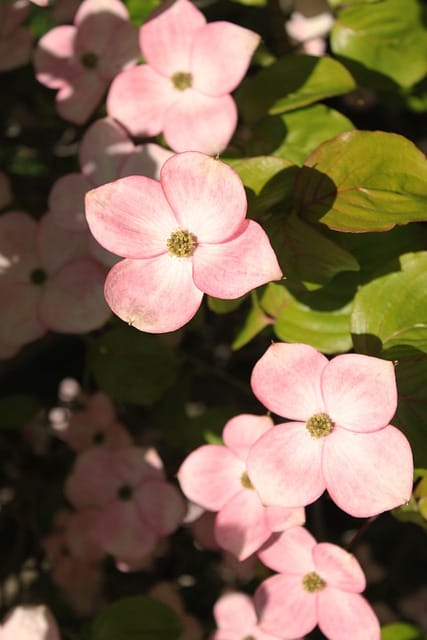
November is an excellent time to plant dogwood trees, known for their beautiful spring blooms. They do well in well-drained soil and partial shade. Choosing a flowering variety can provide seasonal beauty as well as shade during summer.
Crepe Myrtle
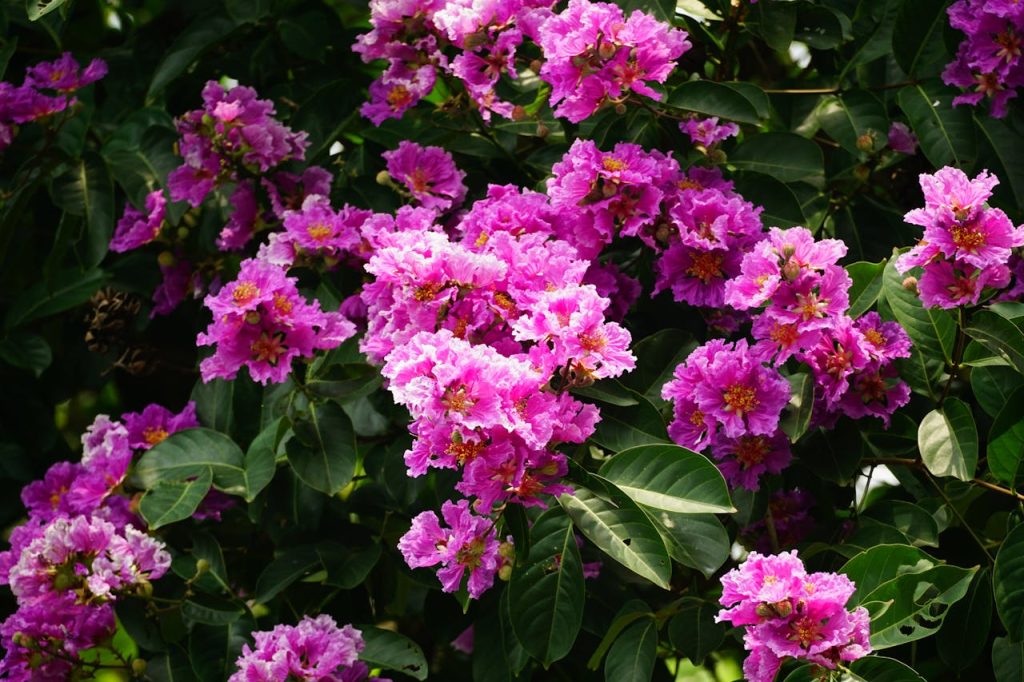
Planting crepe myrtle in November gives the tree a headstart for thriving in warmer months. They are hardy, drought-resistant, and produce stunning summer blooms. Crepe myrtles do best in full sun and well-drained soil.
Azalea
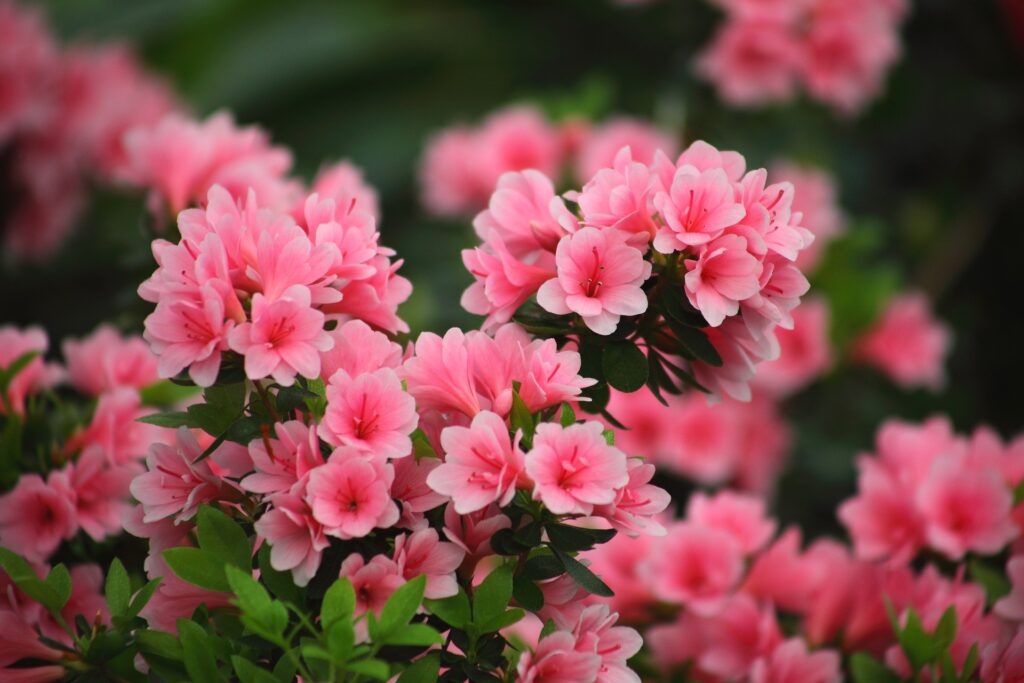
Azaleas are known for their colorful blooms from winter to spring. Planting them in November allows them to establish roots before the heat of summer. Select varieties appropriate for your zone to ensure proper growth.
Magnolia
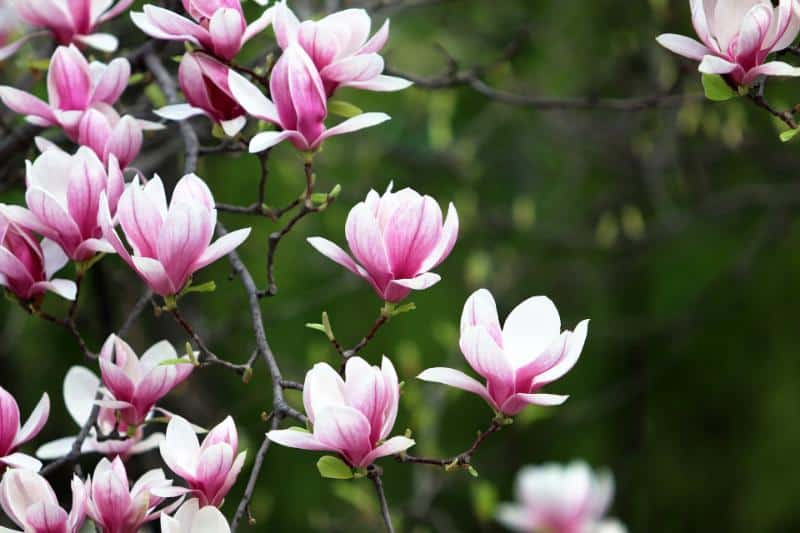
Magnolia trees, with their large flowers and fragrance, can be planted in November. They prefer well-drained soil and full sun. Magnolias provide unique beauty to landscapes, making them a cherished addition.
Red Maple
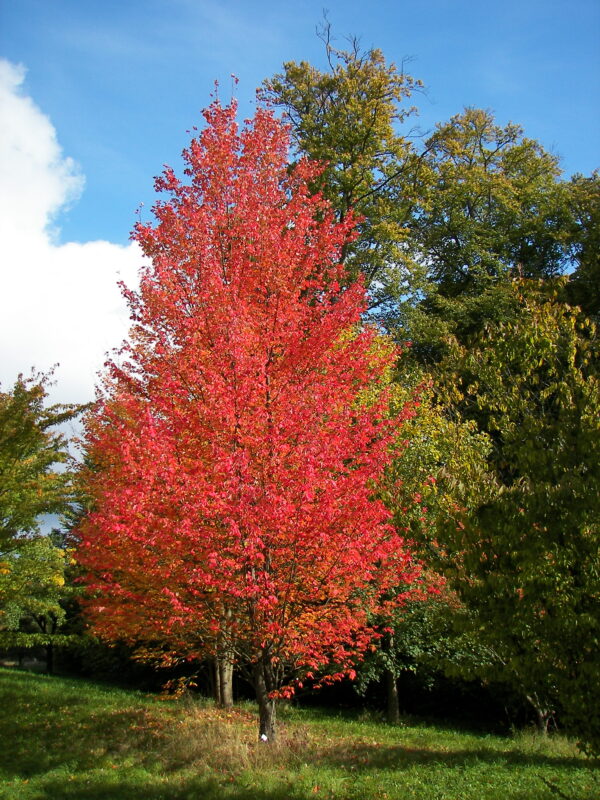
Red maples offer stunning fall foliage and are well-suited for the southern climate. Planting in November allows them to adapt before summer heat arrives. They flourish in a variety of soil types but prefer moist, well-drained soils.
Wax Myrtle
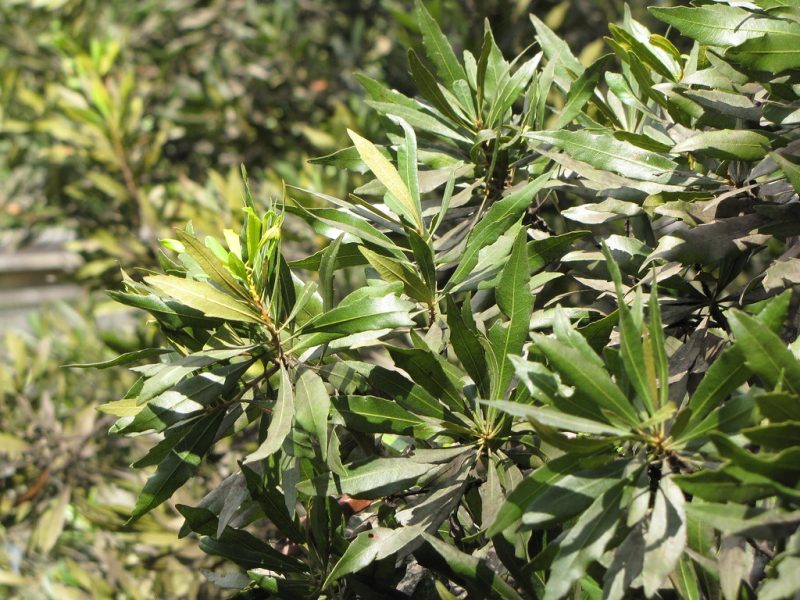
Wax myrtles are adaptable evergreen shrubs that can be planted in November. They thrive in various soil types and can tolerate drought conditions. Their fragrant leaves can attract birds and pollinators.
Japanese Maple
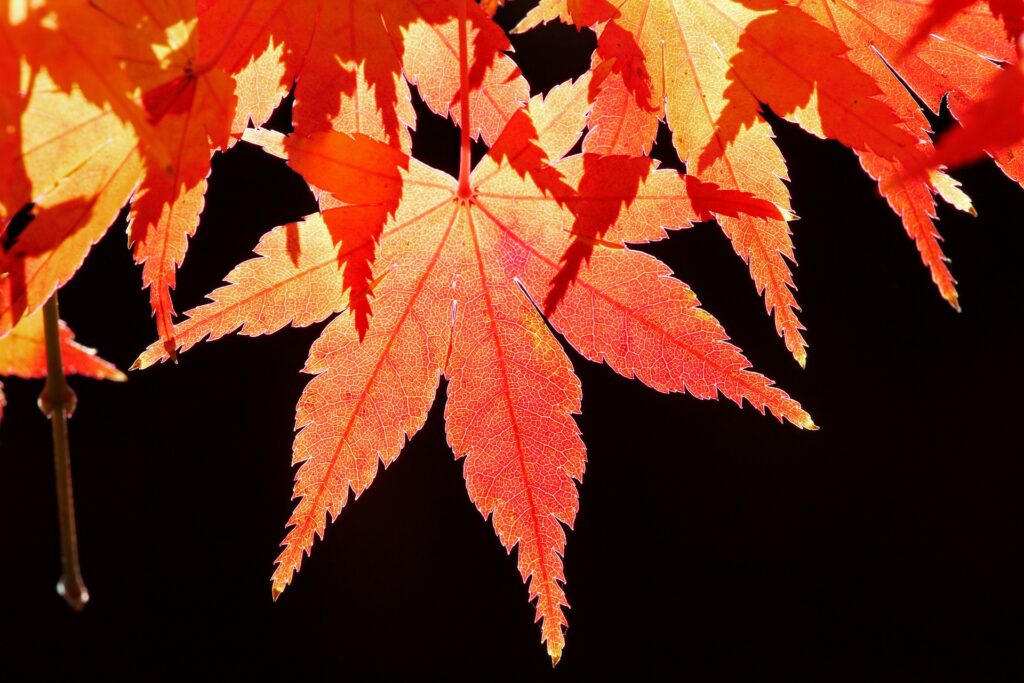
November is ideal for planting Japanese maples, known for their graceful structure and seasonal color changes. They thrive in slightly acidic, well-drained soils and prefer some shade, making them suitable for intimate garden spaces.
Peach Tree
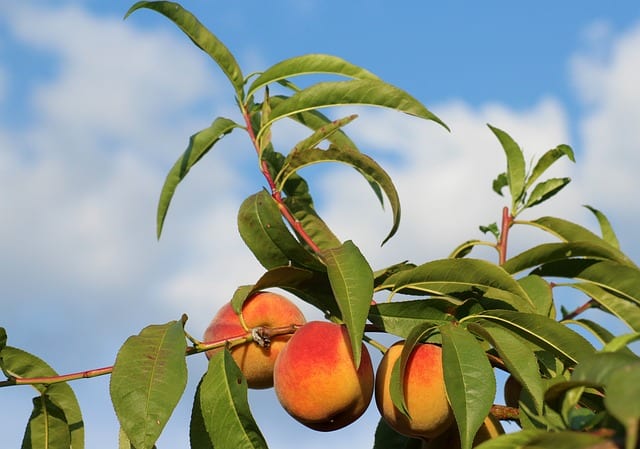
Peach trees can be planted in November in the warmer regions of Georgia. They prefer well-drained soil and full sun. Early varieties can provide delicious fruits in late spring and summer.


